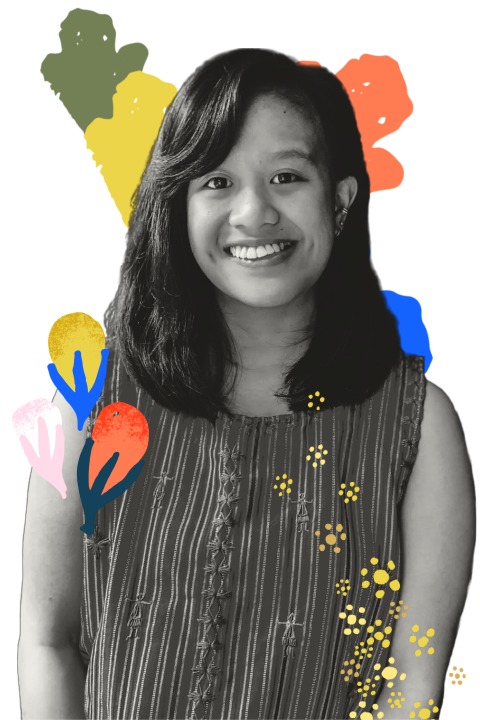Indigenous youth as agents of change for self-determination
Violations of the rights of the world’s Indigenous peoples have become a persistent problem, sometimes because of a historical burden from their colonization backgrounds and others because of the contrast with a constantly changing society.
In response to this problem, let’s remember every August 9 that Indigenous Peoples have the right to make their own decisions and carry them out meaningfully and culturally appropriate to them.
In this context of demand for self-determination, Indigenous youth are working as agents of change at the forefront of some of the most pressing crises facing humanity today.
For instance, Indigenous youth are harnessing cutting-edge technologies and developing new skills to offer solutions and contribute to a more sustainable, peaceful future for our people and planet.
But their future depends as well on the decisions that are made today. Their representation and participation in global efforts towards climate change mitigation, peacebuilding, and digital cooperation are crucial for the effective implementation of their rights as indigenous.
This International Day of Indigenous Peoples 2023, under the title of “Indigenous youth as agents of change for self-determination“, revindicates the role that indigenous youth must occupy in decision-making while recognizing their dedicated efforts in climate action, the search for justice for their people, and the creation of an intergenerational connection that keeps their culture, traditions, and contributions alive.

Commemoration, August 9, 2023
Join our UN event where speakers will share their expertise and experience about the role of Indigenous youth in exercising self-determination in the context of climate action and the green transition, mobilizing for justice, and intergenerational connections.
We need indigenous communities for a better world
There are an estimated 476 million indigenous peoples in the world living across 90 countries. They make up less than 5 per cent of the world’s population, but account for 15 per cent of the poorest. They speak an overwhelming majority of the world’s estimated 7,000 languages and represent 5,000 different cultures.
Indigenous peoples are inheritors and practitioners of unique cultures and ways of relating to people and the environment. They have retained social, cultural, economic and political characteristics that are distinct from those of the dominant societies in which they live. Despite their cultural differences, indigenous peoples from around the world share common problems related to the protection of their rights as distinct peoples.
Indigenous peoples have sought recognition of their identities, their way of life and their right to traditional lands, territories and natural resources for years. Yet, throughout history, their rights have been violated. Indigenous peoples today, are arguably among the most disadvantaged and vulnerable groups of people in the world. The international community now recognizes that special measures are required to protect their rights and maintain their distinct cultures and way of life.
In order to raise awareness of the needs of these population groups, every 9 August commemorates the International Day of the World’s Indigenous Peoples, chosen in recognition of the first meeting of the UN Working Group on Indigenous Populations held in Geneva in 1982.
Please click here to Read More…





